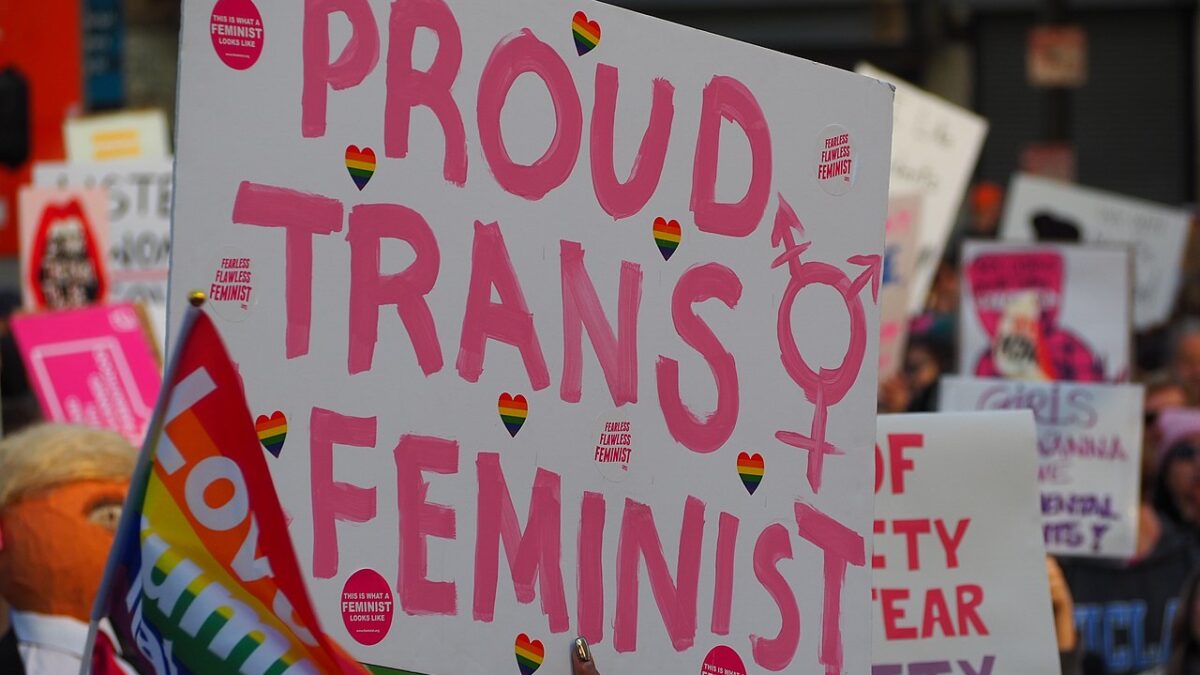
Vanity Fair buried the lede in its article this month about the Tinder Generation: “Tinder and the Dawn of the ‘Dating Apocalypse.'” What’s surprising isn’t that the kids are using Tinder for instant gratification—it’s that the kids aren’t getting it:
“A lot of guys are lacking in that department,” says Courtney with a sigh. “What’s a real orgasm like? I wouldn’t know.” They all laugh knowingly.
They talk about how it’s not uncommon for their hookups to lose their erections. It’s a curious medical phenomenon, the increased erectile dysfunction in young males, which has been attributed to everything from chemicals in processed foods to the lack of intimacy in hookup sex.
“At four in the morning this guy was so upset, and I was like, Dude, I’ll just go to fucking sleep—it’s O.K.,” says Sarah, 21, the one with the long curly dark hair. “I get really tired of faking.”
So why are they doing it? Tinder with orgasms makes sense. Tinder without orgasms doesn’t. For a generation that aspires to women having it all, it’s surprising to learn that we’re not even daring to expect orgasms out of sex.
The Shift In Dating And Mating
What we’re experiencing is a revolution, according to Justin Garcia, a research scientist at Indiana University’s Kinsey Institute for Research in Sex, Gender, and Reproduction, as quoted in the Vanity Fair piece:
“’There have been two major transitions [in heterosexual mating] in the last four million years[.] The first was around 10,000 to 15,000 years ago, in the agricultural revolution, when we became less migratory and more settled,’ leading to the establishment of marriage as a cultural contract. ‘And the second major transition is with the rise of the Internet.’”
The category difference this time is in whether there’s any baseline for having sex. I’m not talking love or babies or marriage here, or even dinner and a movie. I’m talking orgasms, the thing that makes sex, well—sex.
It’s hard to tell whether this is a gender issue or a generation issue. Both young men and women are experiencing decreased sexual satisfaction, between increased erectile dysfunction and unsatisfying quickie romps.
Yet it’s feminists who have been driving the baseline down for this generation, and it’s women who suffer when sex is easier to come by. So it’s women who hold the key to a change.
Why Women Shouldn’t Date Like Men
There’s an old joke about the difference between the sexes: Put a man in a room with ten women, and he’ll play. Put a woman in a room with ten men, and she’ll choose. We can ignore biology all we want, but when women act like men, women lose.
Subtracting from the sexual baseline has long been a central theme of feminism: Play like the boys, don’t choose like a girl. It’s created an artificial equality-driven race to the bottom, and the result is joyless sex for everyone. Who can even remember the days when one right-swipe was all you ever got.
Feminists call this race to the bottom “owning our sexuality.” #GenerationTinder can’t be what it looks like for millennials to own our sexuality. There’s no way young women chose dick pics and young men chose erectile dysfunction.
It’s not that millennials don’t want anything out of sex; we’ve just failed the marshmallow test to hold out for something better. We’re so fixated on validation that we’ve forgotten there IS anything better—that we don’t have to fake it.
Tinder’s toll on women has been well explored by Tinder users—there’s the famously bro-y founder; his partner-cum-ex and HER “feminist” dating app, Bumble (only women can initiate text conversations); and the Tinder sex discrimination lawsuit. If you missed the apocalyptic articles about Normcore fashion, just google “Tinder Nightmares” or “Tinder in Brooklyn” for quickie access to the sense that you’re staring into the abyss.
Vanity Fair hit a deeper nerve this time—with Tinder itself. The app responded via Twitter, citing users in Pakistan, China, and North Korea, where certain types of social media or relationships are illegal and Tinder offers unique access to compatible partners, and pointing to its layered social media authentication as evidence that it’s more than text-linked HotOrNot.com.
Don’t Blame Tinder
It’s tough to fault Tinder for becoming defensive, when the app so frequently takes the hit for causing the dating “apocalypse.” Tinder isn’t to blame here—sex has simply become part of the sharing economy, as available and low-commitment as catching a Lyft (“’It’s like ordering Seamless,’ says Dan, the investment banker [ . . . ] ‘But you’re ordering a person.’”). Millennials aren’t in it for the long haul—we’re just in it for the selfie, a single validating snapshot to communicate that we belong.
Selfie sex is about validation, and nothing more. On Maslow’s Pyramid of Needs, it falls in some social media back door, peripheral to anything durable or meaningful in life. Equating love with sex may seem pearl-clutch-y and old-fashioned—but divorcing even orgasms from sex seems like a stretch. Yet here we are, sliding ever further down a slippery slope.
Like any apocalypse, the Tinder dating apocalypse isn’t the end; it’s a revelation and an opportunity. Our dating revelation is that we’ve gone very, very far, to a pretty depressing place. The opportunity then is to stop commodifying something precious, that we can’t easily get back.
If kids these days want to have it all, we have to start by not settling for less. We are all in the same boat, on the same spectrum, and there is more to life than faking it. Revolution or no, the dating apocalypse is an opportunity to put down your phone—and swipe right on something better than this.









